- all
- popular
- trending
- most recent
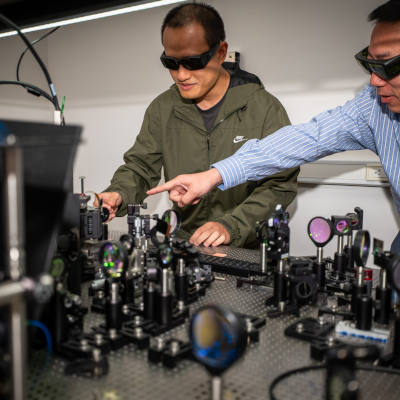
New photonic chip speeds up AI training
Breakthrough in light-based technology enhances AI performance and reduces energy use for future computing systems.
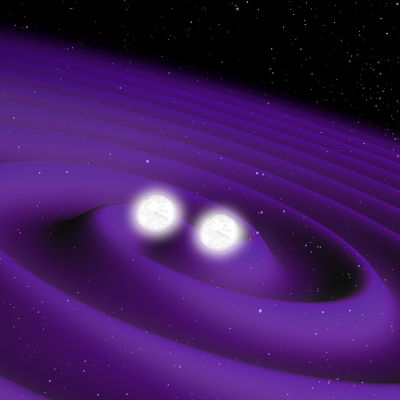
AI designs new gravitational wave detectors
Researchers use artificial intelligence (AI) to find better ways to detect cosmic ripples in the fabric of spacetime.
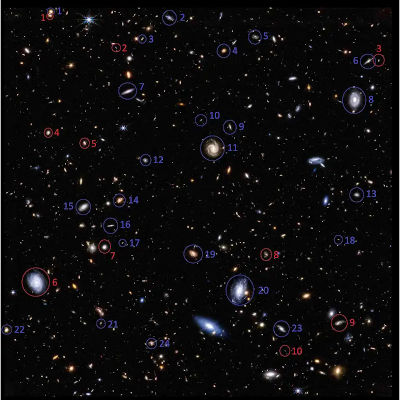
Webb telescope data hint at galaxy rotation mystery
NASA's James Webb Space Telescope finds most deep-space galaxies rotate clockwise, challenging ideas about the universe.

DESI maps the universe to unlock dark energy secrets
The Dark Energy Spectroscopic Instrument reveals millions of stars, galaxies, and quasars to explore the universe’s expansion and mysteries.
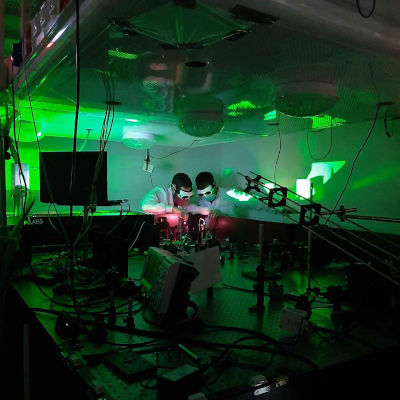
Scientists track and tweak ultrafast material changes
New method uses lasers to measure tiny delays in light, revealing how materials transform in billionths of a billionth of a second.
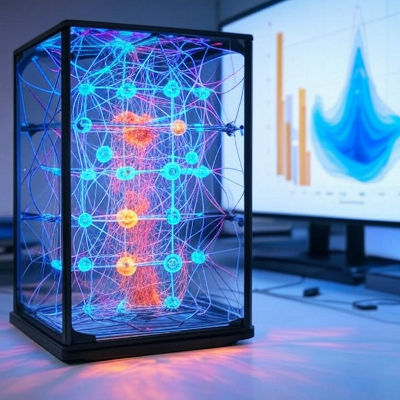
Quantum computing achieves a major milestone
D-Wave’s quantum computer outperforms a supercomputer, solving complex material problems fast, promising new discoveries in sci/tech.
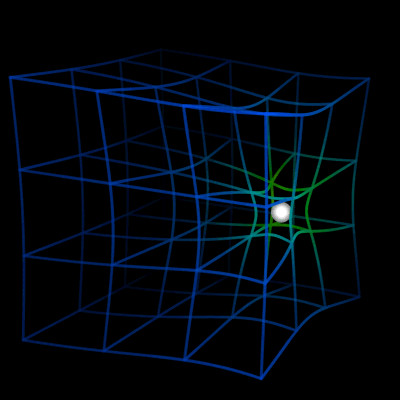
Study links gravity, quantum mechanics and statistical physics
A new study connects gravity to quantum ideas, offering clues about dark matter and the universe’s expansion.
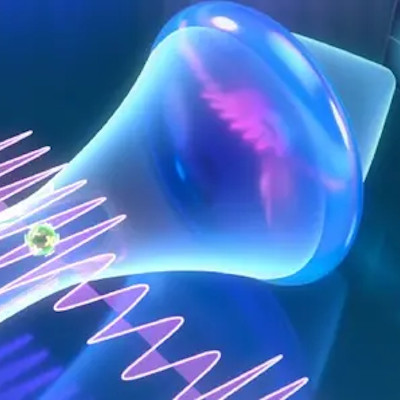
Tiny antennas hear low-frequency signals
Researchers shrink antennas 10,000 times using laser-trapped nanoparticles for underwater, underground, and space communications.
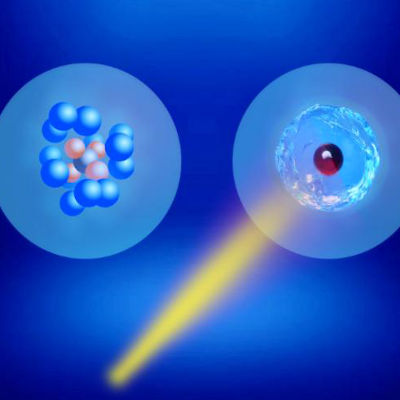
Hydrogen shows superfluidity at low temperatures
Scientists find that hydrogen acts like a superfluid, hinting at better energy storage solutions for clean energy.
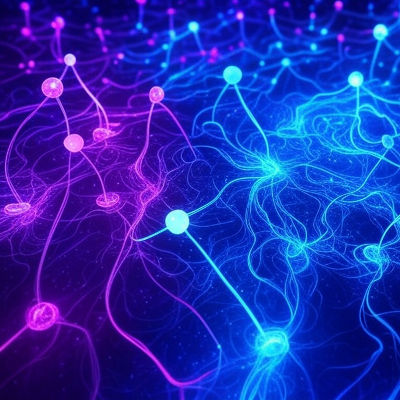
New study explores secrets of complex systems
Researchers investigate how hidden network shapes affect brain activity, climate, and AI in a study of topological dynamics.


.png)

.png)


.png)